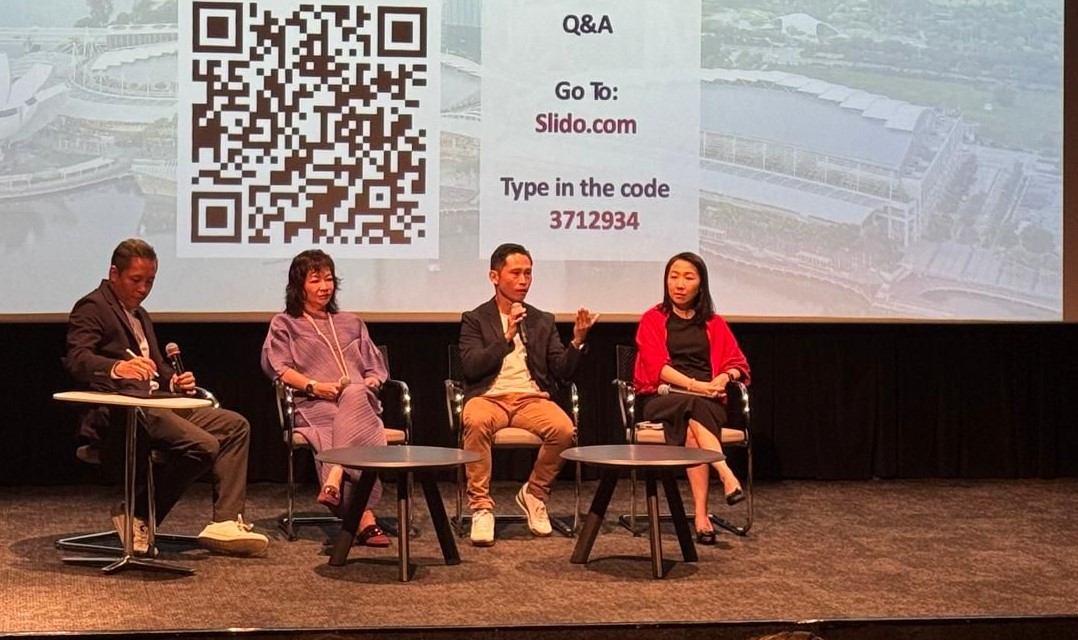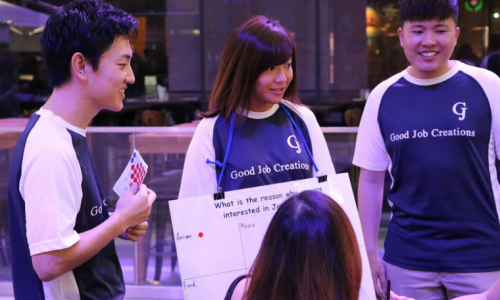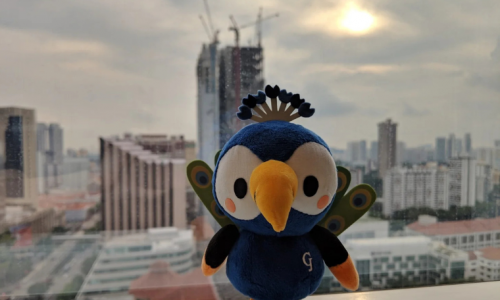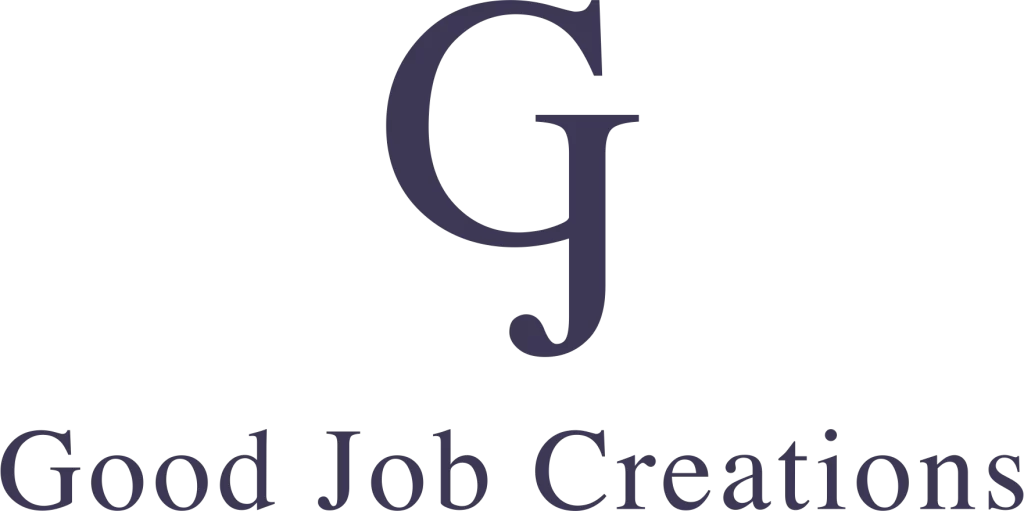By Destiny Goh
We just wrapped our workshop, Building a Resilient Career: Thriving Amid Singapore’s Rapid Globalisation workshop on 11 January. This was a co-pilot program with Workforce Singapore (WSG), meant to help local job seekers thrive in today’s competitive scene.
Our speaker panellists were Sharon Pock, an HR leader at Voyager Worldwide;
Ivan Choong, a certified job and career transition/development coach;
Rena Oh, HR head at Easmed and Volunteer Career Advisor (VCA) at WSG;
Gabriel Tan, our team leader and moderator.
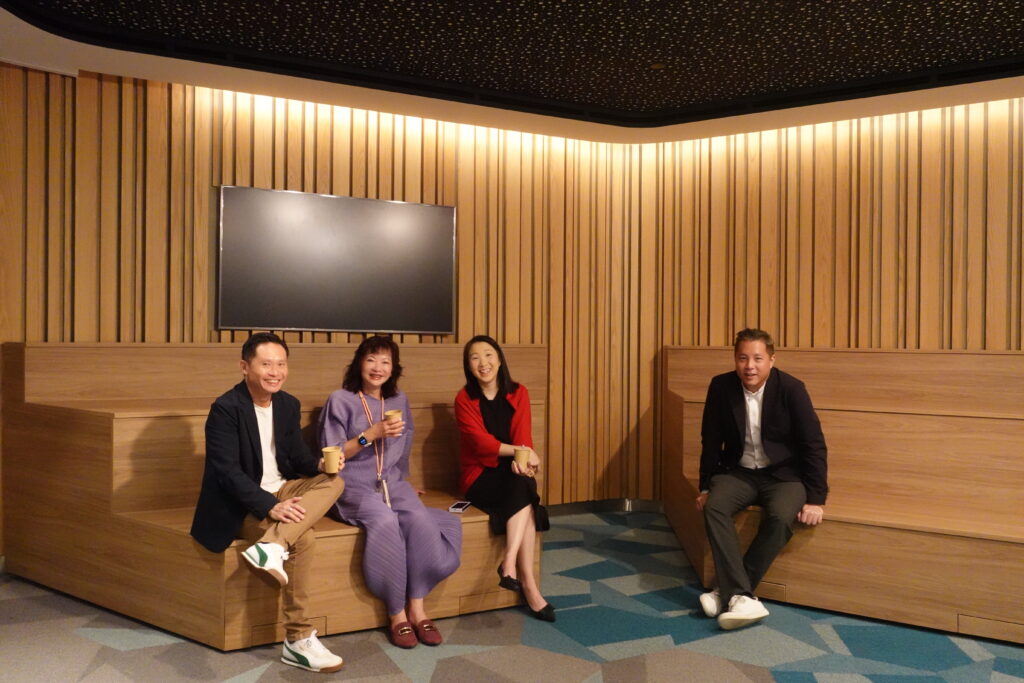
Singapore once had a poor economy with high unemployment and inadequate infrastructure, but it has since undergone rapid globalisation and emerged as one of the world’s most prosperous countries. To bolster such advancement, the growing workforce is expected to evolve and adapt to drive the nation’s progress; upskilling and reskilling will become the forefront of this movement.
Upskilling and reskilling can help individuals build or enhance their competitive skills and craft a resilient career. Before embarking on this journey, conducting a career health check-in through psychological tests is advised to help identify areas requiring further development and nurturing. This enables you to make informed decisions that result in career growth.
Riasec test and Knowdell Card Sorts are two tools mentioned that serve as a guideline to evaluate career health. They help individuals understand their strengths, skills, priorities, and interests. Some test results are straightforward; however, if you want to make significant changes to your career, such as a mid-career switch, you should seek a second opinion from a professional career coach or speak to someone with the same experience to help you make wise decisions and provide you with perspectives.
One of the key challenges individuals who undergo mid-career switches face is the difficulty of positioning their relevant transferable skills. Although job-specific technical skills are crucial, demonstrating your soft skills is essential to ease into a new transition. Leadership, communication, creativity, decision-making, and problem-solving skills are necessary in roles that require collaboration, innovation and initiative-driven. Transferable skills are not confined to a specific industry or role but are relatively sustainable in the long term.
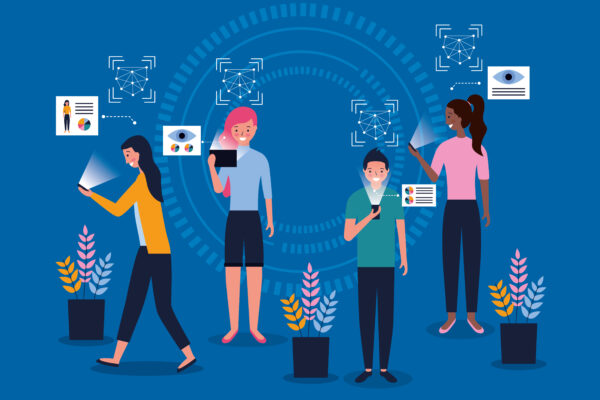
The digital age in Singapore
Next, interests and concerns in technology have increased consecutively; artificial intelligence (AI) is the most prominent and widely discussed. AI brings plenty of benefits, from reducing human error to increasing productivity by consolidating tasks into simpler steps and having the ability to optimise, innovate, and improve various functions—AI was meant to make life easier and not necessarily replace it.
It’s important to note that AI’s knowledge is dependent on the data and information we feed it. The idea is to make technology work for you to create efficiency and enhance productivity. Those who fail to wield it will fall behind.
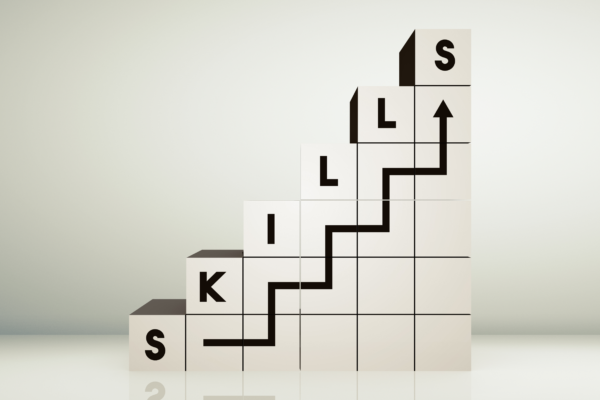
Principles and considerations for upskilling and reskilling
There are some principles and considerations before the journey of upskilling and reskilling; for instance, it’s advised against taking up a new certification or course due to trends or one that pays well in the job market. ‘You can consider building a skill based on interest or what you’re already good at and like to do and then, make a career of it. However, you need to know what your individual ‘burnout’ skill is: a skill that you can do well but do not like to use often and try to avoid or minimise placing it as your core skill in the role you are doing if possible.’ Certified coach, Ivan Choong says. Or else, you could end up experiencing ‘burning out’ in your role with the inability to sustain.
Learning and development (L&D) opportunities differ from one workplace to another. While some organisations can afford to allocate a portion of their budget to support their employees’ development due to high-value output and productivity levels, others offer this opportunity through other means, such as learning on the job through other skilled personnel or role swapping between departments. This proves that L&D can be done through an assortment but requires individuals to give it the value and effort it deserves. To promote lifelong learning and enhance individuals’ skills, Singapore has offered SkillsFuture credits to ensure continued economic success and competitiveness amongst the workforce.
Career resilience hinges on continuous learning and adaptability in today’s rapidly evolving global economy. Successful professionals will view their careers as dynamic innovation projects, seamlessly integrating technical skills with profound human capabilities.
The call for action:
- Evaluate your career health: Before you decide to upgrade your career, take time to evaluate your career health and take note of your interests and areas or skills you would like to build or invest in.
- Accountability throughout your journey: Invite like-minded individuals to journey with you, allow yourself to be accountable; look for mentors who can provide acute guidance through feedback and encouragement.
Individuals prioritise and intentionally set aside time for what is important to them. Start small and leverage microlearning, break down your learning into small pieces and practice what you learn. This way, you will create a career trajectory that is resilient and transformative.

